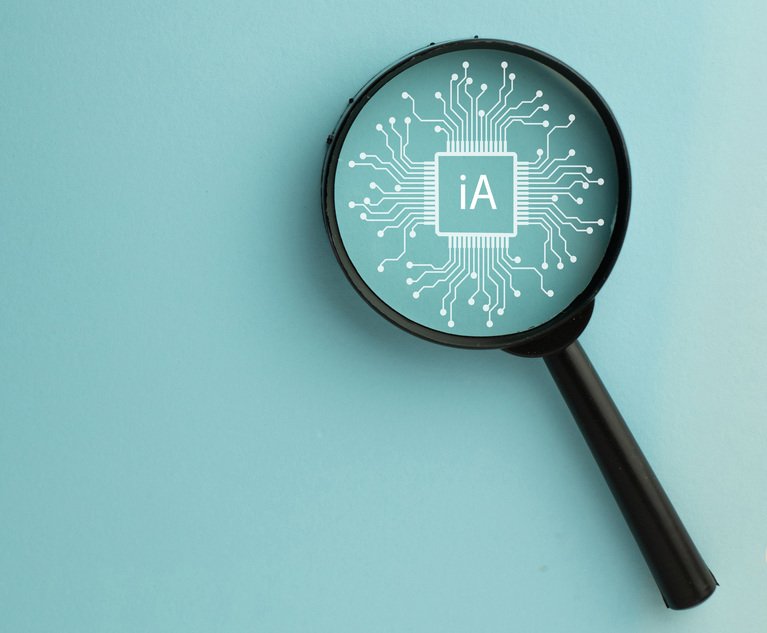For much of the past few years, §230 of the Communications Decency Act of 1996 (CDA) has been in the news. Section 230 generally immunizes providers of interactive computer services (such as Internet service providers or ISPs, social media companies, and website hosting entities, among others) from liability in connection with third-party content appearing on their platforms unless the publisher would otherwise be liable under certain established intellectual property or criminal laws.
Politicians from both major parties, critics (including competitors) of big tech companies such as Facebook, Twitter, and Google, and various other businesses and individuals speaking out on social media and elsewhere have attacked the law. Others, such as the Electronic Frontier Foundation, consider §230 to be one of the most valuable tools for protecting freedom of expression that has been essential to the ability of the Internet to evolve and thrive since 1996. See, e.g., https://www.eff.org/issues/cda230.
This content has been archived. It is available through our partners, LexisNexis® and Bloomberg Law.
To view this content, please continue to their sites.
Not a Lexis Subscriber?
Subscribe Now
Not a Bloomberg Law Subscriber?
Subscribe Now
LexisNexis® and Bloomberg Law are third party online distributors of the broad collection of current and archived versions of ALM's legal news publications. LexisNexis® and Bloomberg Law customers are able to access and use ALM's content, including content from the National Law Journal, The American Lawyer, Legaltech News, The New York Law Journal, and Corporate Counsel, as well as other sources of legal information.
For questions call 1-877-256-2472 or contact us at [email protected]


 Shari Claire Lewis
Shari Claire Lewis




